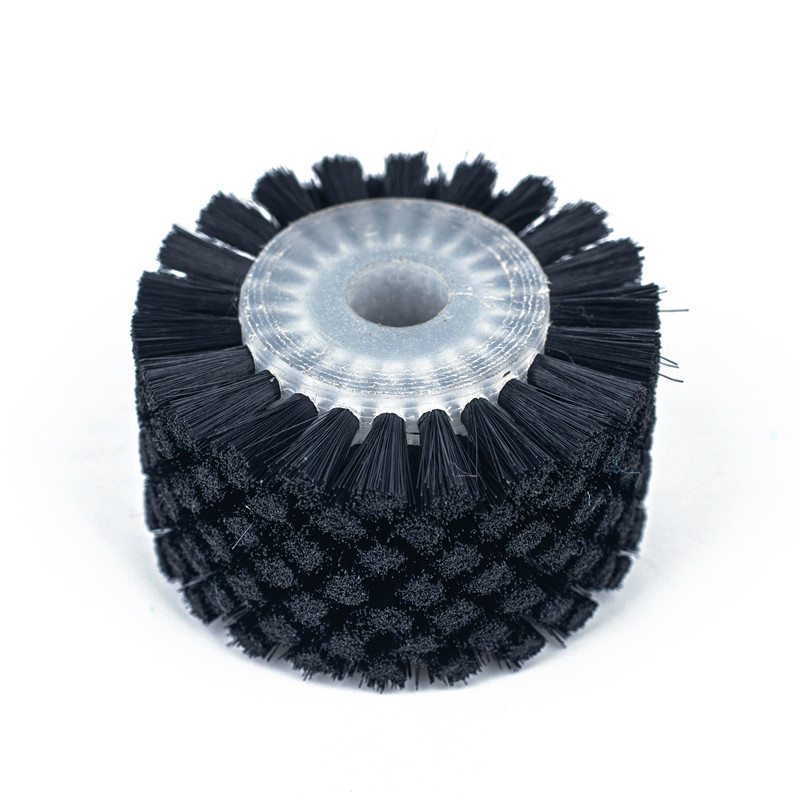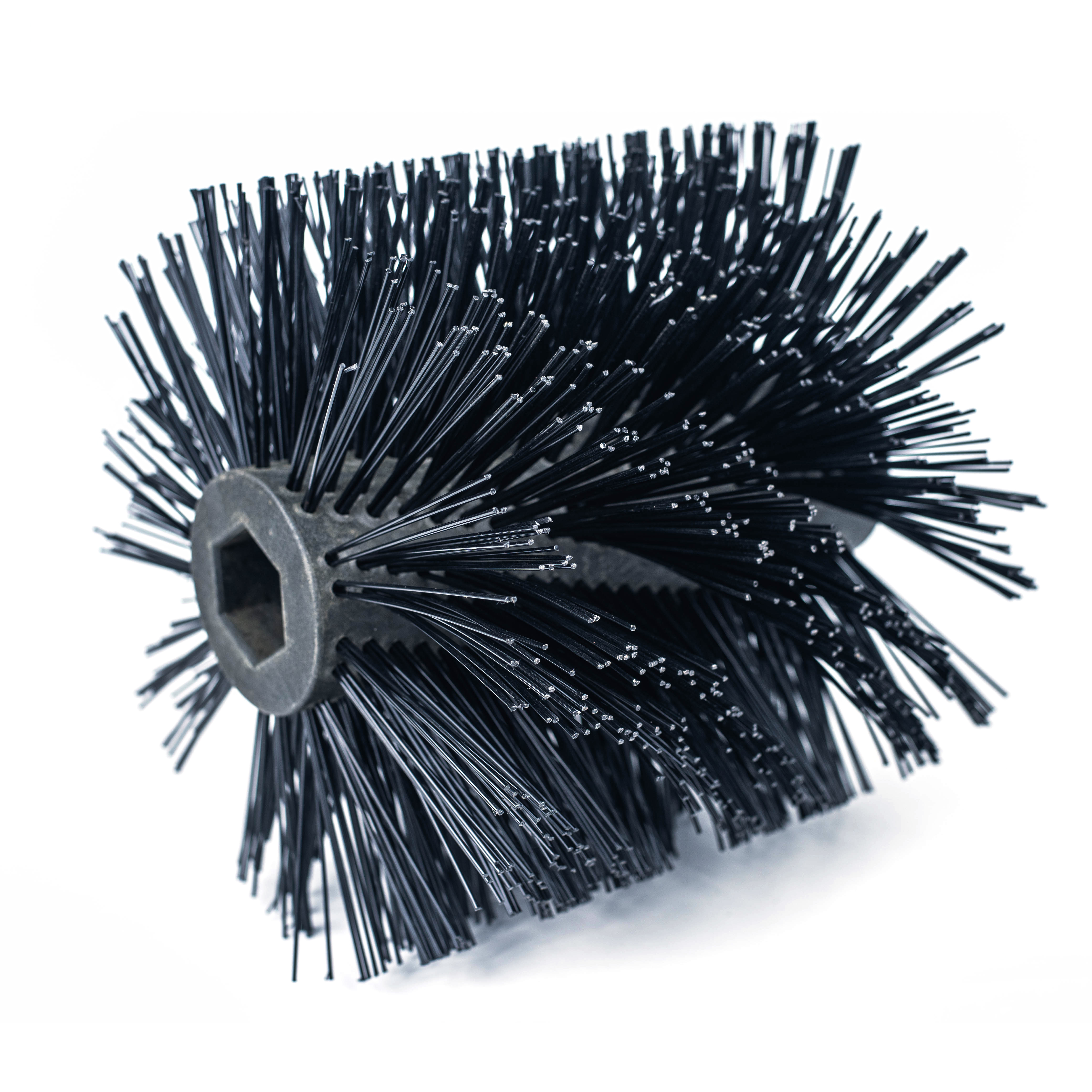Self-Producing Factory-Professional Manufacturer
Unlocking Efficiency: Why Industrial Brushes Are Essential in Manufacturing
Oct 01,2025

Unlocking Efficiency: Why Industrial Brushes Are Essential in Manufacturing
Table of Contents
- 1. Introduction to Industrial Brushes
- 2. The Importance of Industrial Brushes in Manufacturing
- 3. Types of Industrial Brushes and Their Applications
- 4. Selecting the Right Industrial Brush
- 5. Benefits of Using Industrial Brushes
- 6. Maintenance Tips for Industrial Brushes
- 7. Future Trends in Industrial Brush Manufacturing
- 8. Frequently Asked Questions
- 9. Conclusion
1. Introduction to Industrial Brushes
Industrial brushes are specialized tools designed for various applications within the manufacturing sector. They serve a multitude of purposes, from cleaning and surface preparation to polishing and deburring. The efficiency of manufacturing processes can be significantly enhanced through the strategic use of these brushes. In this article, we will explore the integral role that industrial brushes play in the manufacturing landscape, delving into their types, benefits, and future trends.
2. The Importance of Industrial Brushes in Manufacturing
The manufacturing industry is characterized by its need for precision, speed, and efficiency. Industrial brushes contribute to these goals by ensuring that surfaces are prepared correctly, machinery operates smoothly, and final products meet quality standards. Their versatility allows manufacturers to tailor their processes to specific needs, ultimately enhancing overall productivity.
3. Types of Industrial Brushes and Their Applications
Understanding the different types of industrial brushes can help in selecting the right one for specific tasks. Here are some common types of industrial brushes:
3.1 Cylinder Brushes
Cylinder brushes, often used for heavy-duty cleaning and surface preparation, offer a robust solution for various manufacturing applications. Their cylindrical shape allows them to cover large surface areas efficiently, making them ideal for tasks such as paint removal, deburring, and cleaning machinery parts.
3.2 Disk Brushes
Disk brushes are versatile tools that can be used for polishing, cleaning, and deburring. Their flat design allows for even pressure distribution, making them effective for intricate tasks. These brushes are commonly used in industries that require precision work, such as electronics and automotive manufacturing.
3.3 Roller Brushes
Roller brushes are designed for continuous operation, making them ideal for production lines. These brushes can be used for various purposes, including cleaning and applying coatings. Their ability to rotate while in contact with surfaces allows for efficient cleaning or coating application without interrupting the workflow.
3.4 Handheld Brushes
Handheld brushes provide flexibility and control, making them suitable for detailed tasks. These brushes are commonly used in assembly lines and maintenance operations, where precision cleaning and finishing are required. They are available in various sizes and bristle types to meet specific requirements.
4. Selecting the Right Industrial Brush
Choosing the right industrial brush involves several criteria, including bristle material, brush size, and application type. It’s essential to match the brush characteristics to the material being worked on and the specific task requirements.
- **Bristle Material**: Different materials, such as nylon, steel, or natural fibers, offer varying degrees of durability and effectiveness. Selecting the right bristle material can significantly affect the brush's performance and lifespan.
- **Size and Shape**: The size and shape of the brush should be compatible with the equipment and surfaces being worked on. Larger brushes can cover more area but may be less effective in tight spaces.
- **Application Requirements**: Understanding the specific task—whether cleaning, polishing, or deburring—will guide the selection process.
5. Benefits of Using Industrial Brushes
The integration of industrial brushes into manufacturing processes provides numerous advantages, including efficiency improvements and cost reductions.
5.1 Enhancing Efficiency and Productivity
Using the right industrial brushes can streamline operations, reduce downtime, and enhance overall efficiency. For example, employing cylinder brushes for cleaning can minimize the time taken to prepare surfaces, allowing for faster production rates. This efficiency translates into better resource utilization and higher throughput.
5.2 Cost Reduction through Optimal Performance
Quality industrial brushes can lead to significant cost savings. By reducing the frequency of equipment failures and maintenance needs, manufacturers can lower their operational costs. Additionally, efficient cleaning processes can extend the life of machinery and components, further contributing to overall cost reduction.
6. Maintenance Tips for Industrial Brushes
To ensure the longevity and performance of industrial brushes, proper maintenance is essential. Here are some maintenance tips:
- **Regular Cleaning**: Remove debris and contaminants after each use to maintain optimal performance.
- **Storage**: Store brushes in a dry, cool place to prevent bristle damage and deterioration.
- **Inspection**: Regularly inspect brushes for wear and damage, replacing them as necessary to ensure consistent quality in manufacturing processes.
7. Future Trends in Industrial Brush Manufacturing
As manufacturing continues to evolve, so does the technology behind industrial brushes. Emerging trends include:
- **Sustainability**: The shift towards eco-friendly materials and manufacturing processes is gaining momentum. Companies are increasingly using recyclable and biodegradable materials in brush production.
- **Smart Brushes**: The integration of technology in industrial brushes is on the rise. Smart brushes equipped with sensors can provide real-time data on performance and wear, enabling proactive maintenance.
- **Customization**: Manufacturers are looking for tailored solutions. The demand for custom brushes designed for specific applications is growing, with companies offering bespoke solutions to meet unique industrial needs.
8. Frequently Asked Questions
1. What are industrial brushes used for?
Industrial brushes are utilized in various applications, including cleaning, polishing, deburring, and surface preparation across different manufacturing sectors.
2. How do I choose the right industrial brush?
Selecting the right industrial brush involves assessing the bristle material, size, shape, and the specific applications it will be used for.
3. Can industrial brushes help reduce costs?
Yes, using high-quality industrial brushes can lead to reduced operational costs by minimizing maintenance and increasing the lifespan of machinery.
4. What maintenance is required for industrial brushes?
Regular cleaning, proper storage, and routine inspection are crucial for maintaining industrial brushes and ensuring their longevity.
5. Are there trends in industrial brush manufacturing?
Yes, current trends include sustainability, smart technology integration, and increased customization to meet specific industrial needs.
9. Conclusion
In conclusion, industrial brushes are a vital component in the manufacturing sector, contributing to enhanced efficiency, significant cost savings, and improved product quality. As industries evolve, understanding the types of brushes available, their applications, and proper maintenance strategies will empower manufacturers to optimize their processes. By embracing modern trends and innovations, manufacturers can unlock new levels of productivity and maintain a competitive edge in the marketplace. Investing in the right industrial brushes is not merely a choice; it is a strategic move toward achieving operational excellence in manufacturing.
Hot Tags:
Contact Us
CEO: Alan
Email: alan@virostech.com
Phone: +86-15215693689
Sales Manager: Edith
Email: Edith@virostech.com
Phone: +86-15215693689









